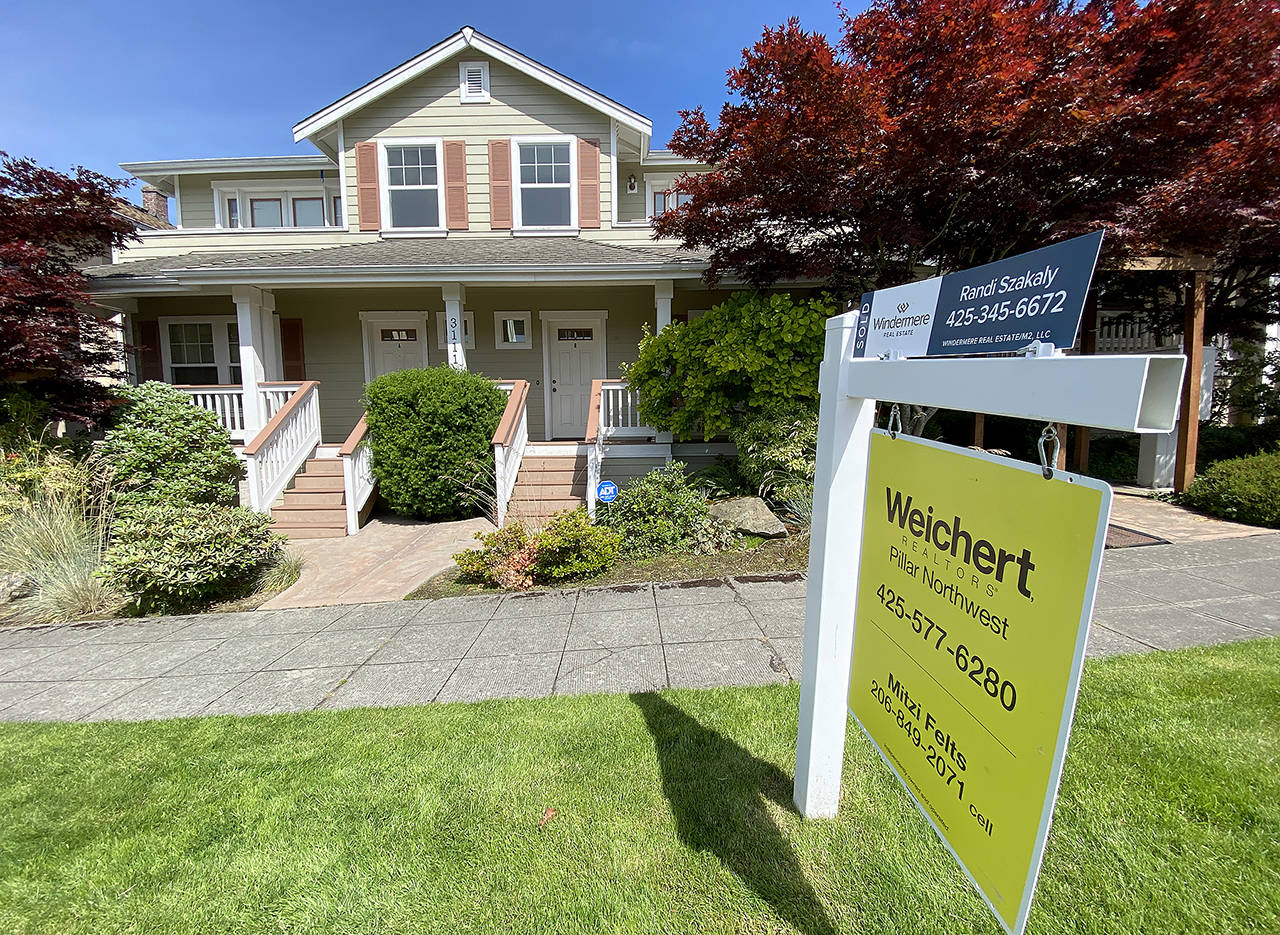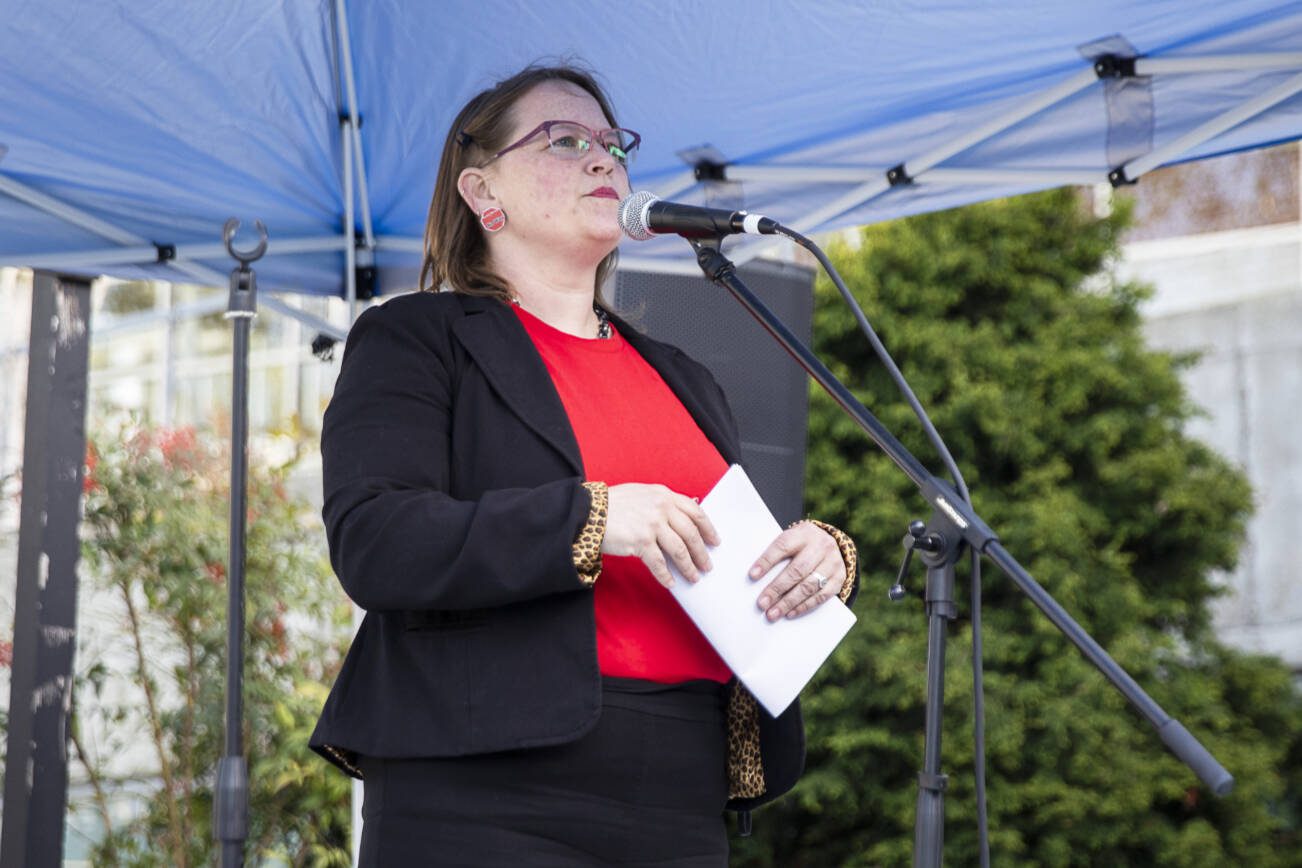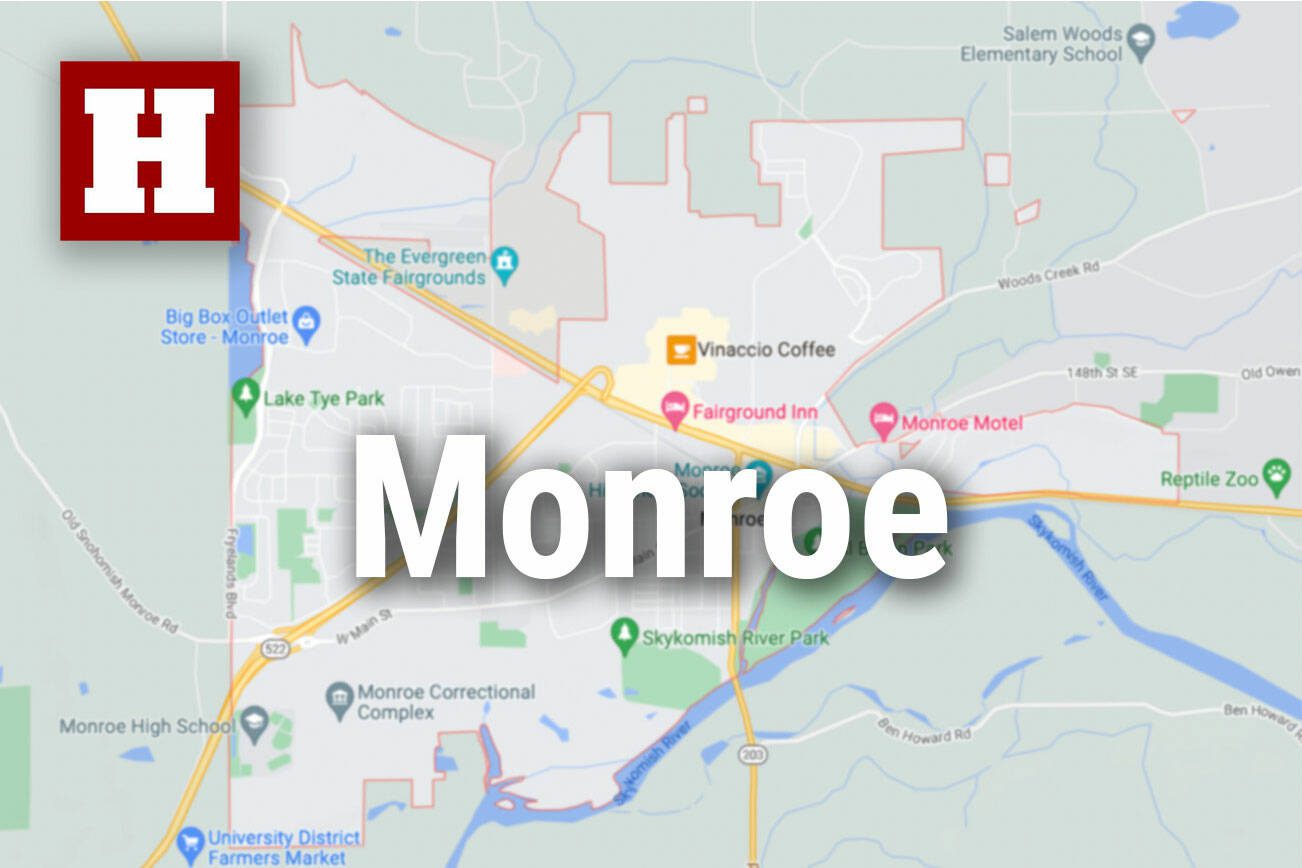EVERETT — Home prices in Snohomish County took a big leap in 2020 as the limited housing supply stoked major demand.
Countywide, assessed home values are up 11%, according to the Jan. 1 evaluation from the county assessor’s office — one of the highest annual increases in the past decade.
Meanwhile, growth in value of commercial properties slowed, with a 3% increase from last year.
On Friday, the assessor’s office will begin sending homeowners their updated assessed values. The new assessments will apply to property taxes in 2022.
This year’s jump in growth for residential properties is the fourth-highest the county has seen since 2012. The 3% rise for commercial properties is the second-lowest in the same span.
The increase in home prices, Snohomish County Assessor Linda Hjelle said, partially stems from a large pool of buyers competing for a limited supply of affordable housing.
And the squeeze on supply hasn’t slowed.
According to Redfin, a real estate listing website, the average home for sale in Everett is sold within a week. And some are going for more than $100,000 above the asking price, records show.
That competition is also pushing prospective homeowners to areas of the county where they can stretch their dollars further, causing values countywide to rise.
Property values in all but two of the county’s school districts — Edmonds and Mukilteo — saw 9% to 12% increases in the latest evaluation.
“It’s the whole county that’s feeling the pressure,” Hjelle said.
At 12.2%, the highest jump was within the borders of the Northshore School District, which covers areas of Bothell and Woodinville.
Properties in the Mukilteo School District recorded the lowest growth in value, at 5.58%.
In total, the countywide property valuation grew 9%, bringing the estimated value of all property in Snohomish County to more than $181 billion.
But despite the increase in overall home values, individual property tax rates vary across the county, depending on levies and other measures approved by voters.
For years, county officials have voiced concern over a lack of affordable housing.
“The COVID-19 pandemic has exacerbated an already difficult situation, and many families across the region are experiencing housing insecurity for the first time,” Snohomish County Executive Dave Somers said in a statement. “We will continue to work with our public and private-sector partners on opportunities to provide additional affordable housing at all levels of need. This will be one of the areas of attention as we build our pandemic recovery efforts.”
In 2020, the Housing Affordability Regional Taskforce released a five-year plan to boost the supply of cheaper places to live.
Doing so would require increased density and incentives for builders, the county report said.
But selling those policies to the public sometimes draws the ire of nearby single-family neighborhoods, where residents worry what low-income housing will do to their own property values.
“The reason the executive joined with (Lynnwood) Mayor (Nicola) Smith and other local electeds on the Housing Affordability Regional Taskforce was to find consensus on issues that they all can address,” county spokesperson Kent Patton said in an email. “Of course, there will be subtle differences locally, but the first step in finding solutions is getting everyone to agree that there is a problem and then highlighting possible solutions.”
The new 2021 assessed values for all county properties are available at www.snohomishcountywa.gov/Assessor.
Assessments for individual properties can vary greatly depending on characteristics such as location, property type, zoning, age and condition.
Before you file an appeal, Hjelle says, owners should check the assessor’s site to ensure the county’s data for the property is correct, and call the county office at 425-388-6555 for homes and 425-338-3390 for commercial properties.
And there are programs available for tax relief.
If you own and occupy a residence or mobile home, and were 61 or older by Dec. 31, 2020, or were retired because of disability in 2020, you may qualify for a property tax reduction.
To qualify for either exemption, your total household income, including social security and disability payments, must be $55,743 or less in 2021 to qualify for a reduction on your 2022 property taxes.
Joey Thompson: 425-339-3449; jthompson@heraldnet.com. Twitter: @byjoeythompson.
Talk to us
> Give us your news tips.
> Send us a letter to the editor.
> More Herald contact information.






































